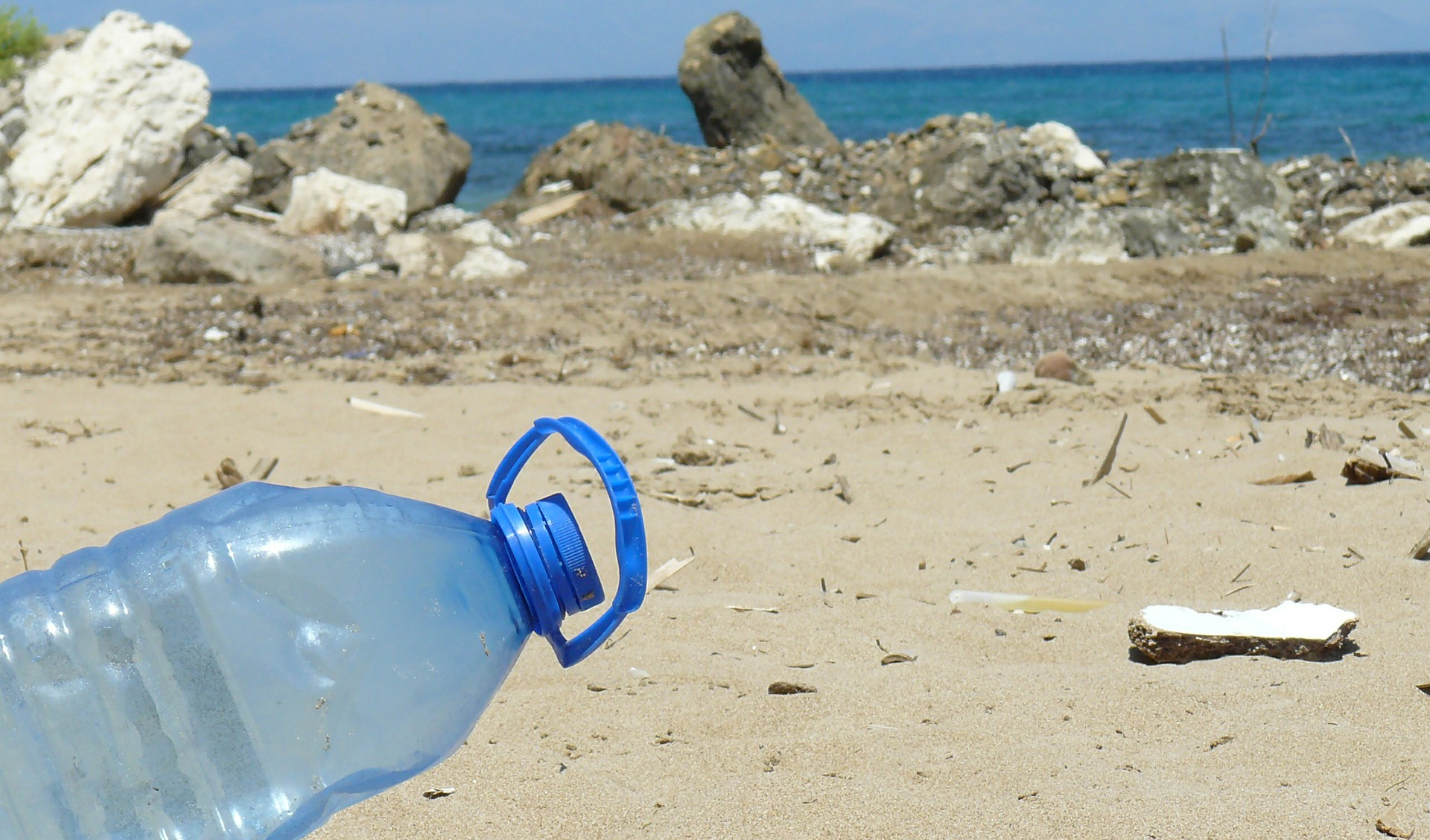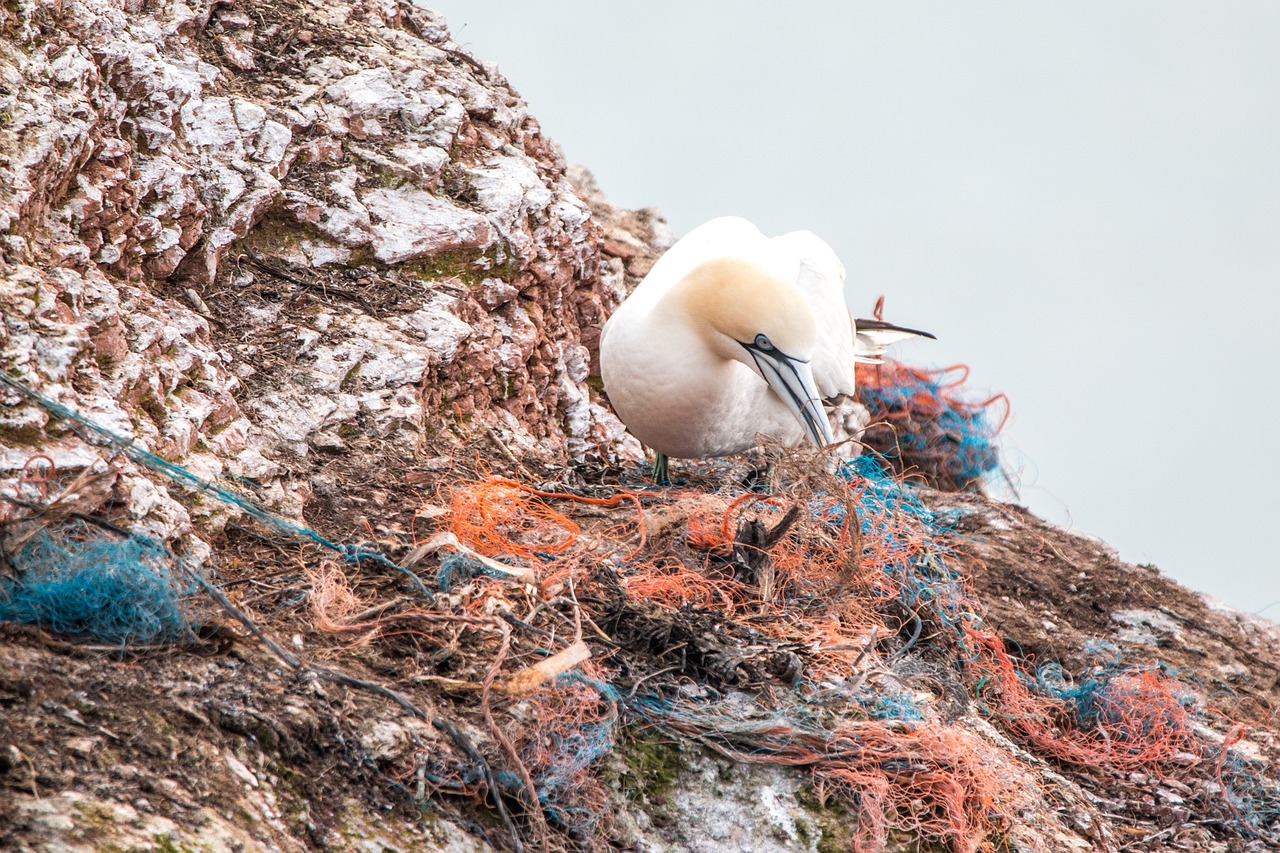In honour of Earth Day, Marine Biology Student, Demi has compiled her top 10 tips for living a more sustainable student life.
1. Walk as much as you can
A pretty simple one to start with, especially at Newcastle university! With the uni and accommodation within walking distance of each other and the city centre, make it part of your daily life to walk to the places you need to be. Not only is it good for your health (getting those steps in!) but less Uber trips are also good for the environment and your bank!
2. Take your own bags shopping
Invest in a couple of bags for life and remind yourself. Get your flatmates to remind you to take them with you every time you do a big shop so that you can stop using plastic bags at the checkout! Single use plastics are a huge issue for the environment and only 1/200 are estimated to actually get recycled.
3. Reusable bottle
Stop buying bottled water! The average person uses 150 plastic bottles per year, all of which can be avoided altogether by buying a reusable bottle that you can refill. Many people find drinking from a reusable bottle also makes them drink more water; so there are health benefits as well as environment ones!
4. Meal planning
Sounds boring but it can actually be really effective! Before you need to shop write out a plan of what you want to eat for breakfast, lunch and dinner for the week. Not only will you save money by only buying what you need, but you’ll also save food from being wasted and going to create CO2 in landfills.
5. Bulk buying
Again bulk buying can save you some money in the long run as food is usually cheaper when you buy more, but by buying in bulk, you also get less pointless packaging therefore less rubbish going into landfill (or potentially the ocean). Win-win!
6. Put your leftovers in a soup
There are plenty of easy recipes online to help you turn almost any leftovers that you do get into a soup. Again less wasted food and an extra meal for you, another win-win!
7. Reduce washing clothes
Be more energy efficient when washing your clothes; only do a wash when you have a full load, wear clothes such as jeans and jumpers more than once before washing. Laundry has a bigger effect on the planet than you might think. According to the United Nations environment programme you can use 5 times less energy by wearing your jeans at least 3 times before washing and skipping the dryer!
8. Borrow instead of buy
Whether it be books you can borrow from the library or fancy-dress outfits you can borrow from friends; buying less = less waste in the long run because let’s be honest, how often are you going to wear that 70s disco outfit?
9. Metal straws
Single-use plastic straws are contributing massively to landfill and ocean pollution problems. The easiest way to solve this problem is to stop using them, or to switch to metal straws. They are cheap, easy to clean and you can keep one in your bag whenever you go out, so you’ll never have to use a plastic straw again.
10. Shampoo/conditioner bars
Many shops offer sustainably made shampoo/conditioner bars, many of which are natural and better for your hair than regular ones which typically contain lots of chemicals, but most importantly they come without the plastic bottles!

